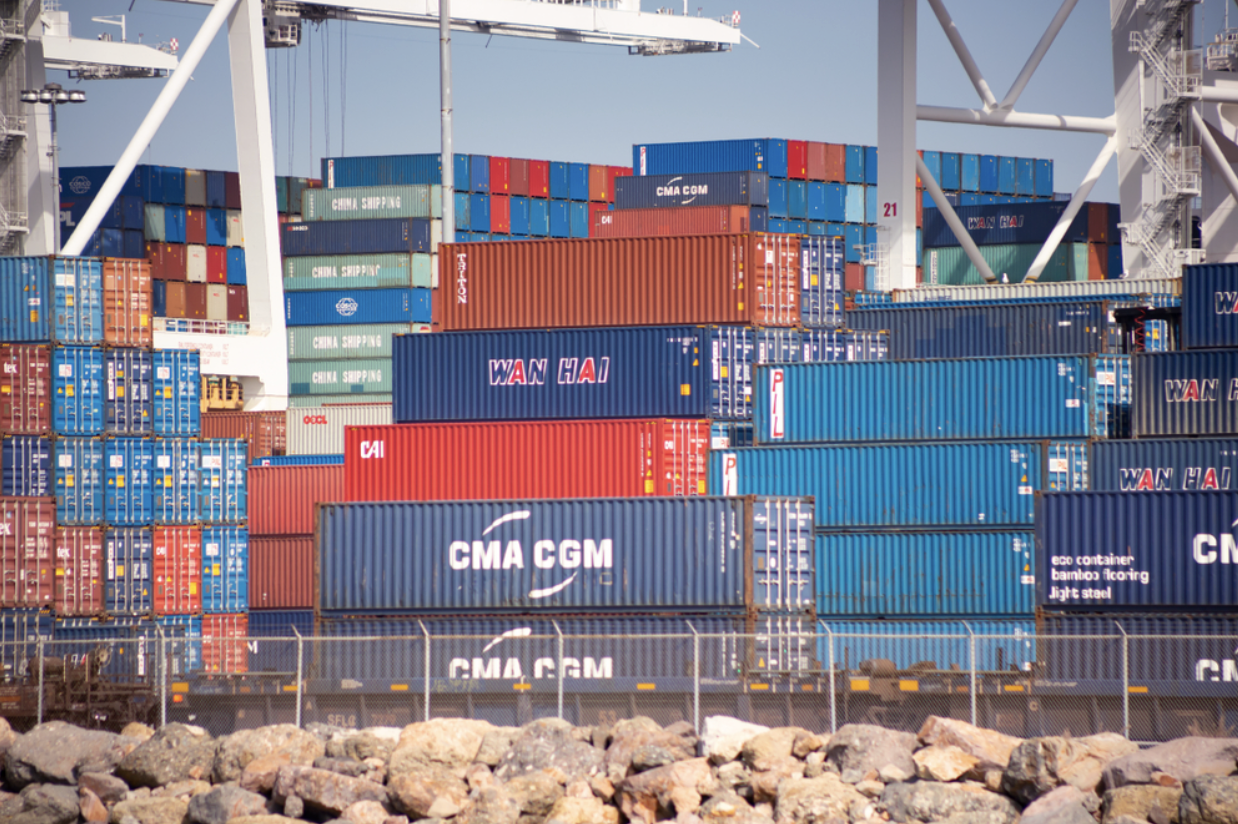
ILWU-PMA Contract Negotiations Continue
April 27, 2023
BREAKING NEWS: Long Beach Port Terminal to Close Today as Labor Disruptions Persist
June 5, 2023New Diesel Truck Sales Will End in California
A mandate to ban new diesel trucks and require a switch to zero-emission for big rigs, delivery trucks, and other medium and heavy-duty vehicles is scheduled to end diesel trucks’ decades-long dominance in the movement of goods.
This is the state of California’s latest effort to accelerate the transition to electric vehicles, which was announced by the California State Air Resources Board on April 28, 2023. The state plans to phase out sales of new diesel trucks by the end of 2035, which is a little more than a decade away. This new effort is planned to clean up severe smog and toxic diesel exhaust, reduce greenhouse gases, and wean the state off fossil fuels.
The new rule will affect approximately 1.8 million trucks, including those operated by companies such as Fed Ex, UPS, Amazon, and the U.S. Postal Service. Starting in 2036, no new fossil-fueled medium-duty or heavy-duty trucks will be allowed for sale in the state. Large trucking companies will have to convert their fleets to electric or hydrogen models by 2042.
Trucking companies state that electric models are more than twice the cost of a diesel truck, take hours to charge, cannot travel the range that most companies need to transport cargo, and lack a sufficient statewide network of charging stations.
Additionally, opponents of the new mandate suggest the upfront costs are quite high to buy an electric truck. However, the air board argues maintenance and operational costs will save fleet operators money over time. The air board calculated that operating and managing fleets could result in an overall $48 billion in economic savings. By 2035, they project buying and running an electric semi-truck over its lifespan could range between $765,000 and $1.1 million compared to a gas/diesel truck at $919,000 to $1.2 million, and according to the air board calculations, it would result in overall savings.
By the end of 2025, the air board said it is willing to revisit and possibly adjust the mandated time, should the status of the state’s charging infrastructure and/or zero-emission truck availability not be sufficient to meet the trade transportation supply chain needs. The costs for this initiative will likely be passed down to the ultimate user of trucking services.
Please contact your Western Overseas representative with any questions.



